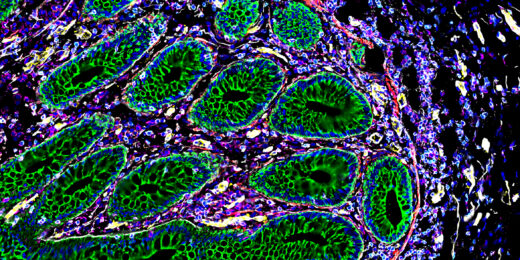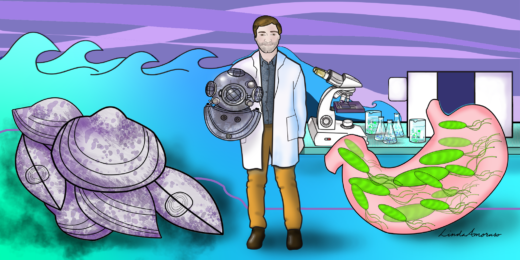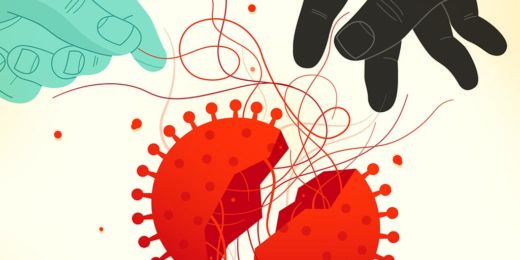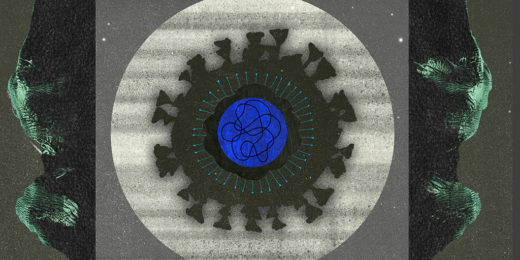The ultimate goal: a vaccine with coverage so broad it can protect against viruses never before encountered.
Category: Microbiology
Searching for vaccine variability in the land of the flu
The ultimate goal: a vaccine with coverage so broad it can protect against viruses never before encountered.
The hunt for a vaccine that fends off not just a single viral strain, but a multitude
Stanford Medicine researchers are designing vaccines that might protect people from not merely individual viral strains but broad ranges of them. The ultimate goal: a vaccine with coverage so broad it can protect against viruses never before encountered.
mRNA vaccine spike protein differs from viral version
Scientists explain a key difference between the spike-protein molecules generated by the SARS-CoV-2 mRNA vaccine and those the virus induces.
It’s a beautiful day in the intestinal neighborhood
Researchers have mapped the human intestine at the level of individual cells, showing how cellular neighborhoods work together in the gut.
mRNA medicines: Looking back, and a look forward
Stanford Medicine experts discuss the past successes and future potential of mRNA as a new type of medicine or treatment.
Scientists talk aging, mental health and diet at Health Matters
Scientists and doctors discuss aging, healthy diets and new treatments for mental health at this year's Health Matters event.
Scientists get a new view of digestion
Stanford Medicine researchers and others create a new device to sample the insides of the small intestine, including bile and bacteria.
It’s hard to pinpoint where you got that food poisoning
In the U.S., the most common culprits causing gastrointestinal distress can linger in your gut for several days before you feel their effects.
Unconventional Paths: From the deep sea to the stomach
Benedikt Geier traverses academic fields in pursuit of a chemical analysis that images the intimate relationships between microbe and host.
Antibiotics might not be the best answer for C. diff
A new testing tool helps doctors avoid unnecessary antibiotic treatment in patients with diarrhea and suspected C. diff infection.
Tackling typhoid, one finger prick at a time
Stanford infectious disease experts devise a way to use finger-prick blood samples from small groups to detect typhoid in large populations.
Famous microbiologist experiences ‘revenge of the viruses’
Famous virus hunter Peter Piot, MD, PhD, recounts his firsthand battle with COVID-19, and the second wave of chronic symptoms that left him ill for months.
Stanford Medicine researchers work to stop COVID-19
Stanford Medicine researchers are investigating SARS-CoV-2 to address the COVID-19 pandemic and ultimately help restore normalcy to society.
Clues about what makes SARS-CoV-2 tick (and how to stop it)
There's a voracious appetite for information on how SARS-CoV-2, the virus responsible for the COVID-19 pandemic, works. Here it is, in a single package.
Stanford physician seeks to improve sepsis testing
Standard diagnosis of sepsis relies on a blood test that typically takes days. A Stanford physician is working on an innovation that could change this.

















